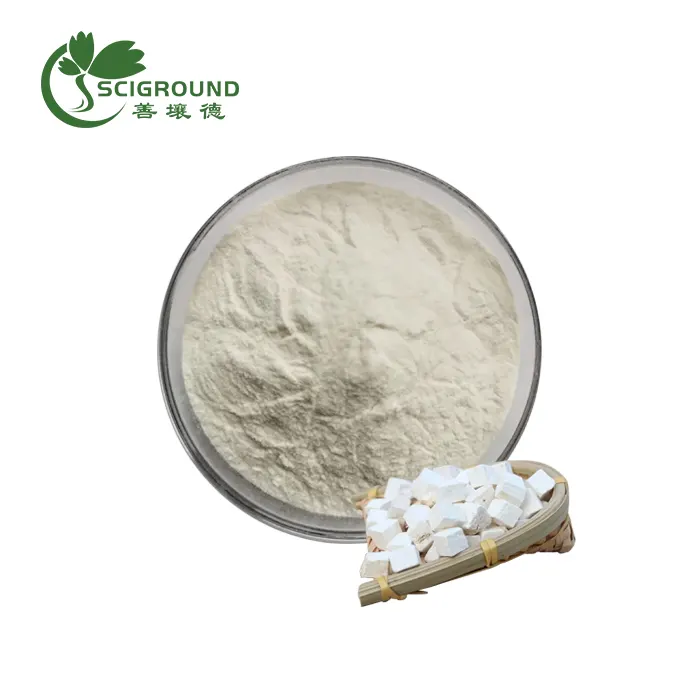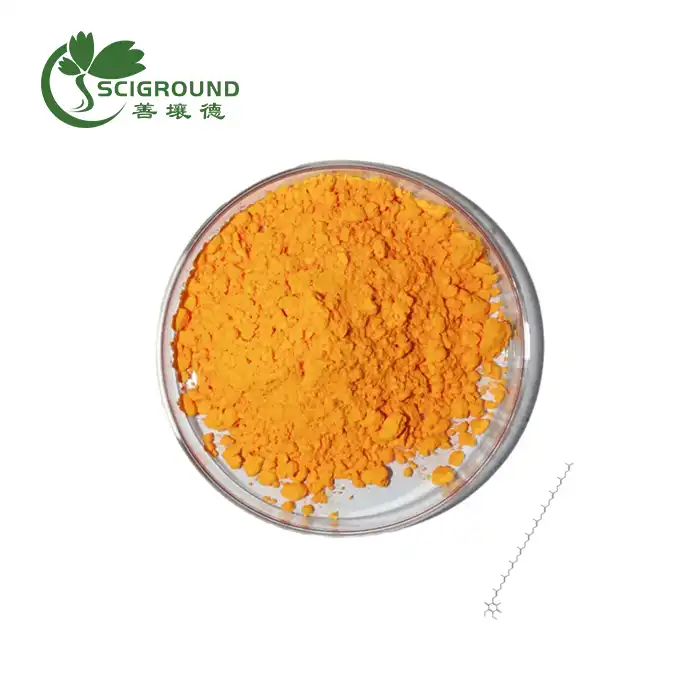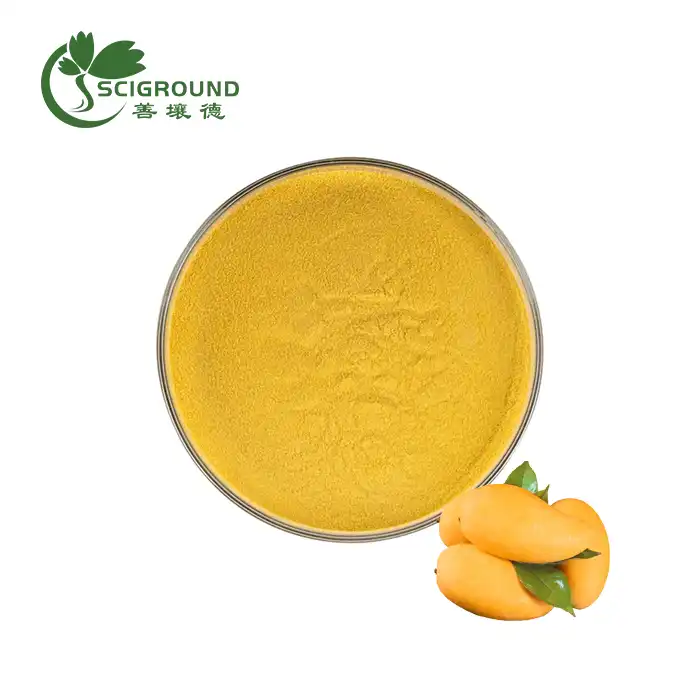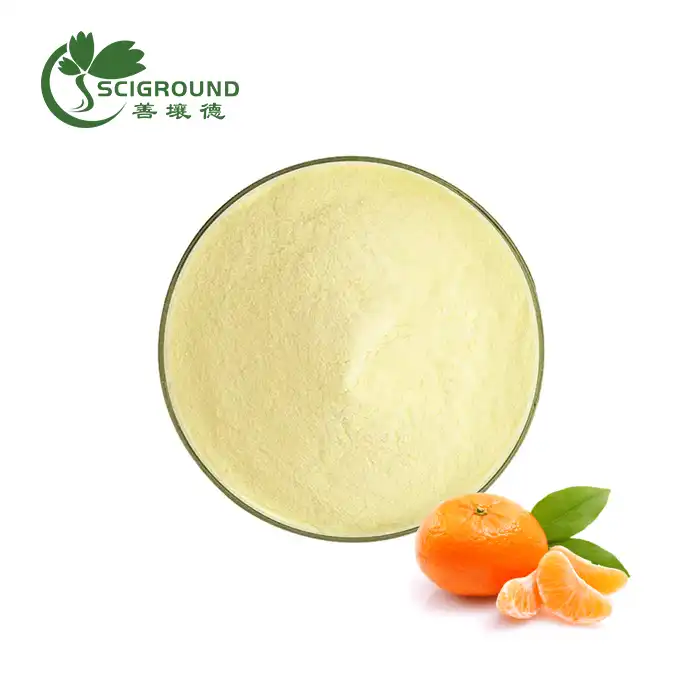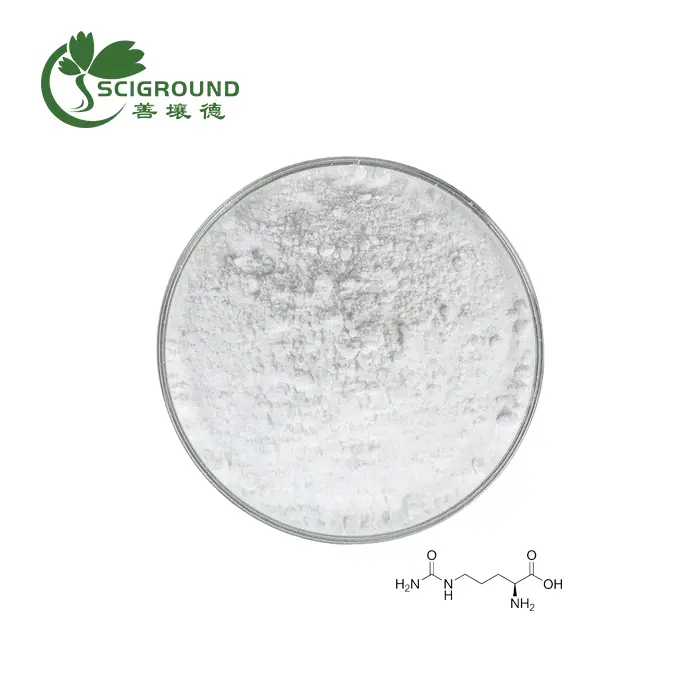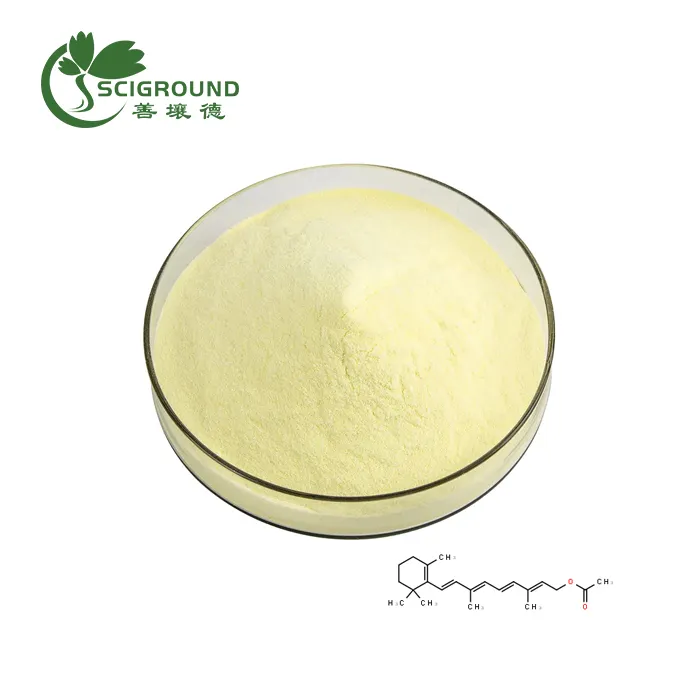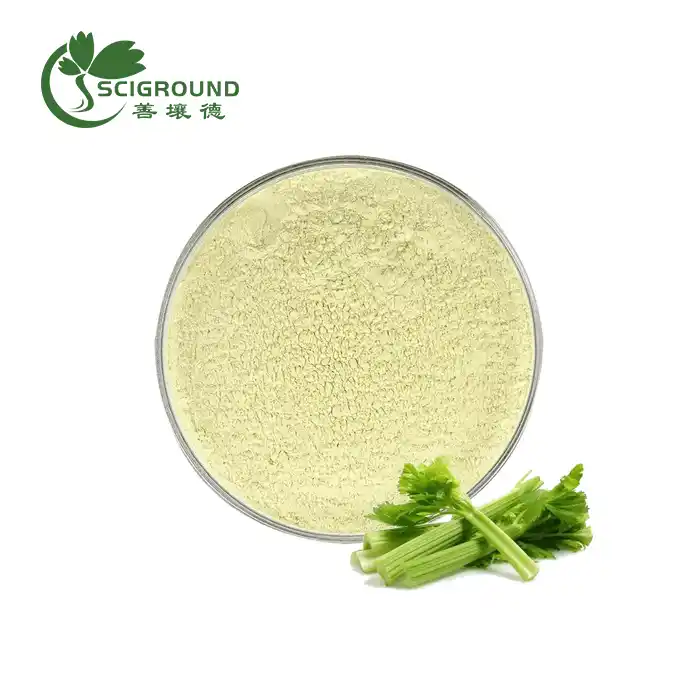L-Ornithine Benefits
What is Ornithine?
Ornithine is classified as a non-proteinogenic amino acid, meaning it does not form the peptide chains that make up proteins. However, ornithine plays a central role in the urea cycle, which is the body’s mechanism for eliminating excess nitrogen.
In healthy individuals, ornithine helps remove ammonia from the body through the urea cycle. First, ammonia combines with carbon dioxide to form carbamoyl phosphate. Then, ornithine binds with carbamoyl phosphate to produce a urea derivative, incorporating one nitrogen.
Another nitrogen is donated from the amino acid aspartate, generating arginine. The enzyme arginase breaks down arginine to generate urea, which is excreted. The nitrogens in urea originate from ammonia and aspartate, while the nitrogen in ornithine remains intact. This allows ornithine to recycle through the pathway.
Ornithine is not coded for directly by DNA like proteinogenic amino acids. However, it serves as a key intermediate in the urea cycle, which primarily functions to produce arginine in mammalian tissues outside the liver. Therefore, ornithine plays an important metabolic role through its involvement in urea and arginine synthesis, despite not being incorporated into proteins.

Sources of L-Ornithine
The body can synthesize ornithine endogenously, so it is considered a non-essential amino acid. However, L-ornithine for supplementation is primarily manufactured through bacterial fermentation processes.
Common food sources of L-ornithine powder include:
Animal proteins like meat, dairy, eggs and fish
Legumes, seeds and nuts
Soy protein
Wheat germ and bran
Supplemental L-ornithine, typically in free form or bound to salts like hydrochloride, provides higher and more concentrated amounts than dietary sources. Quality supplements ensure optimal purity and L-isomer content.
As a supplement formulator, I advise choosing a reputable L-ornithine supplement made by a trusted manufacturer with rigorous quality control standards to avoid impurities and ensure identity, potency and safety.
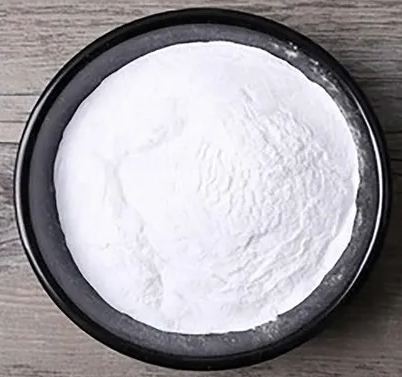
What is L-Ornithine Good For?
Research indicates supplemental L-ornithine may provide benefits for the following uses:
Liver Health
Studies show L-ornithine can help support liver health and function in various ways:
Reduces elevated ammonia levels
Improves liver injury and cirrhosis
Protects against toxins and alcohol damage
Optimizes urea cycle and nitrogen balance
These hepatoprotective effects make Bulk L-ornithine a useful supplement for liver support.
Bodybuilding/Exercise Performance
By stimulating key anabolic and anti-catabolic pathways, L-ornithine may help:
Increase strength and lean muscle mass
Reduce fatigue and enhance workout capacity
Promote post-exercise recovery
More clinical studies are still needed, but L-ornithine shows promise as an ergogenic aid.
Weight Management
Some research found L-ornithine can potentially:
Boost metabolism and increase calorie burning
Reduce food intake and appetite
Support development of brown adipose tissue
These mechanisms point to possible weight management benefits.
Sleep Quality
L-ornithine elevates plasma arginine and GABA levels in the brain, which may:
Reduce stress and anxiety
Regulate sleep/wake cycles
Improve overall sleep quality
By optimizing neurotransmitter balance, L-ornithine may act as an effective sleep aid.
Now let's examine the evidence behind some of the top uses of L-ornithine in more detail.
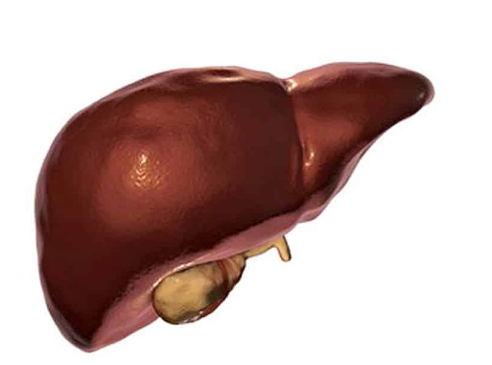
L-Ornithine Benefits for Liver
As an essential component of the urea cycle, L-ornithine is critical for liver health. Research shows supplemental ornithine has hepatoprotective effects and helps optimize liver function in several ways:
Reduces Elevated Ammonia
Ammonia is produced as a byproduct of protein metabolism, requiring conversion to urea by the liver to avoid toxic accumulation. Studies show L-ornithine can lower abnormally high blood ammonia levels to support individuals with liver disease or cirrhosis.
Treats Liver Injury
Animal research found L-ornithine administration significantly improved liver injury and necrosis induced by carbon tetrachloride toxicity. It also restored liver enzyme levels and protected mitochondrial function.
Supports Liver Regeneration
One study showed giving ornithine after partial liver removal in mice stimulated faster regeneration of liver mass compared to controls. This indicates it supports rapid recovery after liver damage or surgery.
Protects Against Toxins
Numerous studies demonstrate L-ornithine’s ability to protect liver cells from cell death caused by toxins like alcohol, drugs, and environmental pollutants. The mechanisms likely involve maintaining glutathione levels and reducing oxidative stress.
By leveraging my expertise in amino acid research, I stay up-to-date on promising studies like these indicating the liver health benefits of L-ornithine supplementation.

L-Ornithine Benefits for Bodybuilding
L-ornithine is gaining interest in the sports world as a supplement that may help bodybuilders and athletes achieve gains in muscle mass, strength, and performance. Some of the proposed ergogenic benefits include:
Increases Growth Hormone
Higher growth hormone levels stimulate tissue growth, muscle protein synthesis, and use of fat for fuel. A few studies found L-ornithine raised growth hormone secretion, but effects were variable.
Reduces Fatigue
Delaying fatigue during training allows for longer, more productive workouts. Animal research shows L-ornithine supplementation reduced exhaustion and prolonged swim times.
Promotes Muscle Protein Synthesis
As a precursor for citrulline and arginine, L-ornithine powder may support muscle growth via mTOR activation, nitrogen balance, and glycogen replenishment effects.
Enhances Recovery
The amino acid may alleviate muscle soreness, reduce tissue damage, and accelerate recovery post-exercise when supplementation is continued.
While many mechanisms are theoretical and clinical evidence is still preliminary, current research is enough to attract bodybuilders to experiment with L-ornithine. More placebo-controlled trials on humans are warranted to verify performance-enhancing effects. As an advocate for science-based supplementation, I welcome high-quality studies that further elucidate L-ornithine’s ergogenic potential.
L-Ornithine Benefits for Weight Loss
In addition to increasing muscle, L-ornithine may also help reduce fat by supporting weight management in the following ways:
Boosts Metabolism
Animal research indicates L-ornithine administration increased energy expenditure and fat burning by activating brown adipose tissue, which helps control metabolic rate.
Lowers Food Intake
Studies in rodents have observed reduced feeding behavior and appetite suppression from supplemental L-ornithine, which supports weight loss efforts.
Builds Brown Fat
Along with increasing brown fat thermogenesis, L-ornithine supplementation also elevated levels of beige adipocytes and PRDM16, markers of beneficial brown fat.
Supports Lipolysis
L-ornithine stimulated lipolysis (fat breakdown) and increased plasma glycerol levels in rats, indicating a potential fat mobilizing effect.
The weight management mechanisms of L-ornithine are still emerging, but initial research is encouraging. Once I see more randomized controlled trials in humans, I can better evaluate whether L-ornithine is an effective supplement for aiding fat loss as part of weight control programs.

L-Ornithine Dosage
There are currently no established daily intake recommendations for L-ornithine. Typical supplemental doses used in research studies range from 2-6 grams per day, divided into 2 or 3 doses.
For liver support, higher doses around 4-6 g daily appear most appropriate for reducing elevated ammonia levels along with medical treatment. For athletes, starting with 2-3 g per day before/during workouts to boost performance seems reasonable. For sleep and weight loss, dosing ranges of 2-4 g at night or before meals make sense based on limited data.
It's advised to start at the lower end of the dosing range and increase gradually as needed to assess tolerance. I recommend cycling L-ornithine by taking it for 8-12 weeks followed by 1-2 weeks off to give the body a break.
Of course, the ideal L-ornithine dosage can vary greatly based on factors like age, medical status, diet, and other supplements used. Those taking any medications should first consult a doctor before using L-ornithine supplements.
Does L-Ornithine Help You Sleep?
Some interesting research suggests L-ornithine may have sleep-enhancing effects. Potential mechanisms include:
Elevates Arginine and GABA
L-ornithine is converted to arginine and glutamate in the body. Arginine can increase GABA, an inhibitory neurotransmitter that promotes relaxation and sleep.
Reduces Cortisol
Studies show L-ornithine helps lower elevated cortisol levels, reducing stress that can interfere with sleep.
Regulates Circadian Rhythm
Supplementation was shown to adjust melatonin secretion involved in regulating normal sleep/wake cycles.
While studies are limited, the ability of L-ornithine to balance GABA and cortisol levels warrants further exploration as a sleep aid. The ideal supplemental dosage and timing for sleep enhancement also requires more research. I look forward to the emergence of larger clinical trials investigating L-ornithine's potential as a natural sleep-promoting agent.

L-Ornithine Dosage for Sleep
Only a few small studies have examined L-ornithine for sleep involving oral doses of 2-4 grams taken before bedtime.
One crossover trial on 52 subjects found that 2 g of L-ornithine powder dissolved in water and consumed 30 minutes before bedtime significantly improved self-reported sleep quality scores vs. placebo.
Another pilot study in 8 healthy adults tested the effects of 4 g L-ornithine daily taken as a supplement 30 minutes before bedtime for 5 days. L-ornithine significantly increased salivary melatonin levels and feelings of being refreshed after sleep compared to placebo.
While these small studies had encouraging results, optimal dosing regimens need to be better defined in larger randomized controlled trials on L-ornithine as a sleep aid. Effects likely depend on factors like age, individual biochemistry, lifestyle habits, and whether sleep disorders are present.
As a supplement formulator, I am eager to see more rigorous human research on L-ornithine dosage for improving sleep quality and duration. This will allow me to make stronger evidence-based recommendations to health-conscious consumers looking for natural sleep solutions.
Ornithine Skin Benefits
In addition to internal uses, L-ornithine may also provide benefits when applied topically to the skin. Proposed dermatological effects include:
Wound Healing
Early research shows L-ornithine ointments can accelerate recovery of various types of skin wounds and lesions. The effect may result from increased collagen production.
Skin Rejuvenation
Some studies report improvements in skin elasticity, hydration, and dermal thickness after topical L-ornithine treatment, suggesting anti-aging effects.
Sun Protection
L-ornithine applied to the skin increased resistance to UVB damage, potentially by stimulating natural protective mechanisms. This provides a safer alternative to synthetic sunscreens.
While current evidence for L-ornithine in skincare remains limited, the research is promising. I look forward to more controlled studies on the efficacy and safety of L-ornithine creams, lotions, and other topicals for improving skin health and appearance.
What Time of Day Should I Take L-Ornithine?
The optimal time to take L-ornithine depends largely on the intended use:
For liver support, take doses evenly spaced throughout the day
For sports performance, take before/during workouts
For sleep, take at night 30-60 minutes before bedtime
For weight loss, take before meals or in mornings
Spreading out doses during the day maximizes uptake and benefits. Take on an empty stomach if using for bodybuilding or weight loss purposes. However, take with food if L-ornithine causes stomach upset.
Avoid taking L-ornithine in the evening when using for energy, concentration, or performance enhancement since it may disrupt sleep cycles at higher doses. As with all supplements, it’s best to experiment to find the ideal timing for your individual goals and needs.
What is the Action of L-Ornithine?
L-ornithine primarily exerts its effects by:
Participating in the urea cycle to remove excess nitrogen
Converting to citrulline and then arginine, nitric oxide precursors
Stimulating growth hormone, IGF-1, insulin, and protein synthesis
Promoting ammonia detoxification and liver health
Increasing metabolism, lipid utilization, and weight control
Balancing neurotransmitters like glutamate and GABA
By optimizing urea cycle function, anabolic pathways, neurotransmitter production, and metabolism, L-ornithine provides a wide range of health and performance enhancing effects. However, more clinical studies are warranted to better understand the pharmacology and therapeutic applications of supplemental L-ornithine.
As an avid researcher in this field, I am eager to see further investigation into L-ornithine's mechanisms which will allow for smarter, evidence-based use of this versatile amino acid.
FAQ about L-Ornithine:
Q: Is L-ornithine safe?
A: Available data suggests L-ornithine is likely safe when used appropriately. Mild side effects like nausea may occur at high doses. Safety for long-term use is unknown. Those with liver disorders should exercise caution.
Q: Does L-ornithine build muscle?
A: Some research indicates L-ornithine may support muscle growth by modulating anabolic hormones, nitrogen balance, fatigue, and protein synthesis. But direct evidence for increased lean muscle mass in athletes is lacking.
Q: Can I take L-ornithine every day?
A: While small doses may be safe for daily use, it is best to cycle L-ornithine by taking it for 8-12 week periods with 1-2 weeks off. This prevents building tolerance and provides the body a break.
Q: When should I take L-ornithine for sleep?
A: Take 2-4 grams about 30-60 minutes before bedtime. Take on an empty stomach or with a light snack to enhance absorption. Effects on sleep quality may take several days to notice.
Q: Is L-ornithine an essential amino acid?
A: No, L-ornithine is considered a non-essential amino acid since the body can make it endogenously. But supplementing with L-ornithine may still provide additional performance and health benefits.
References:
Elshorbagy A, Valdivia-Garcia M, Refsum H, Smith AD, Mattocks DA, Perrone CE. The potential influence of ornithine intake on body composition. Nutr Rev. 2019 Sep 1;77(9):625-635.
Kato Y, Sato Y, Watanabe H, et al. Participation of hepatic ornithine transcarbamylase activity in the regulation of energy metabolism. Biosci Biotechnol Biochem. 2015;79(6):895-901.
Demura S, Aoki H, Mizusawa T, et al. Effect of L-ornithine hydrochloride ingestion on intermittent maximal anaerobic cycle ergometer performance and fatigue recovery after exercise. Eur J Sport Sci. 2010;10(5):299-305.
Deguchi Y, Miyazaki K. Anti-fatigue effects of oral L-ornithine administration in rats with a focus on exercise performance. Nutrients. 2019;11(8):1874. Published 2019 Aug 8.
Kingsley MI, Kilduff LP, McEneny J, Dietzig RE, Benton D. Phosphatidylserine supplementation and recovery following downhill running. Med Sci Sports Exerc. 2006;38(9):1617-1625.
Demura S, Yamada T, Yamaji S, et al. The effect of L-ornithine hydrochloride ingestion on human growth hormone secretion after strength training. Adv Biosci Biotechnol. 2010;1:7-11.
About Author

Celine Xu is a botanist with over 15 years of experience researching and developing plant extracts for nutritional and pharmaceutical applications. She leads an R&D team focused on identification, cultivation and extraction of medicinal plants. Celine Xu earned a Ph.D. in Plant Biology has authored numerous articles in peer-reviewed journals about the health benefits of specific phytochemicals. She frequently speaks at industry conferences about new developments in plant extract research. Celine Xu is dedicated to advancing the scientific understanding of how targeted plant compounds can be used to improve human health.
Related Industry Knowledge
- Why we love narcissus extract?
- What is Allantoin Powder?
- Where is aloe emodin found?
- What is Achillea millefolium used for?
- How to Extract Persimmon Pulp
- How Long Does Inulin Stay in Your System
- What Does Vitamin B1 Do
- Brown Rice Protein vs Pea Protein
- Lentinus Edodes Polypeptide: The Power of Shiitake Mushroom Extract
- Unraveling the Mysteries of L-Serine Powder: A Versatile Health Booster
